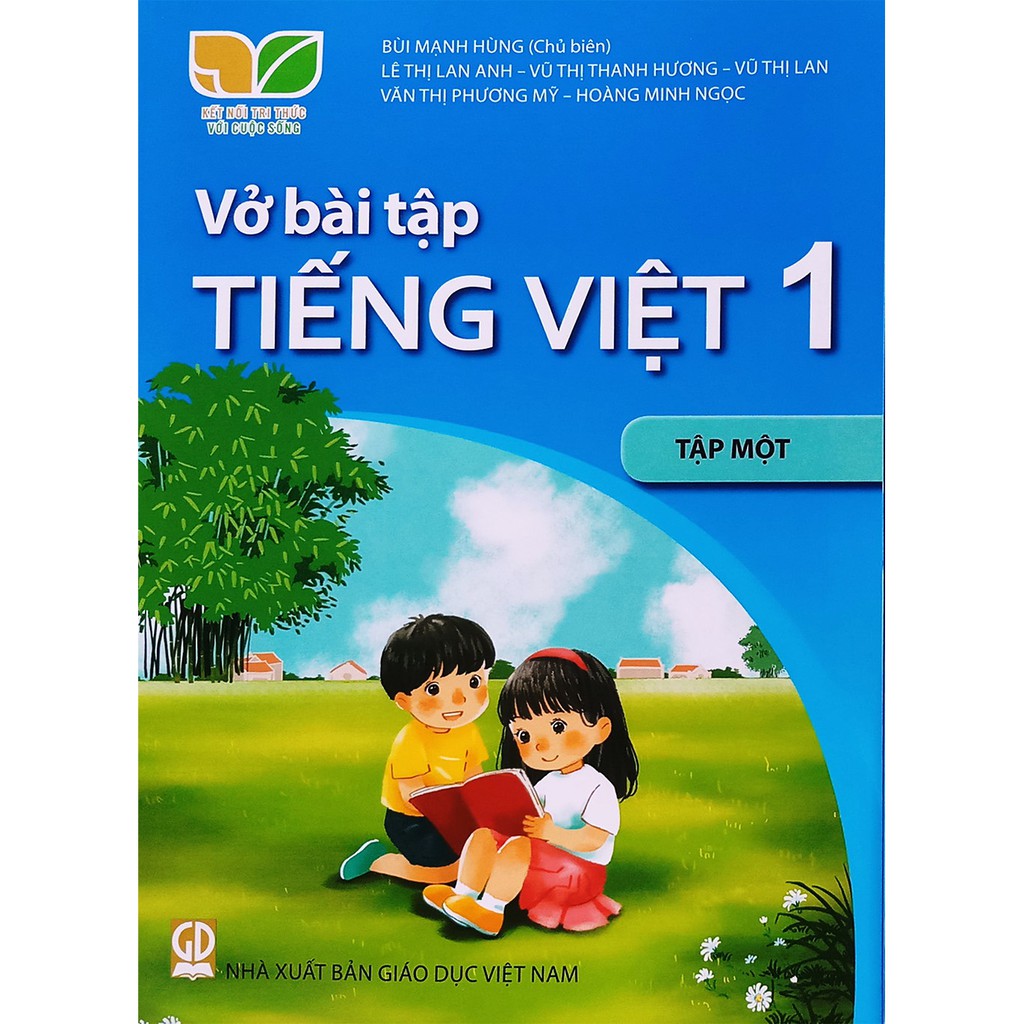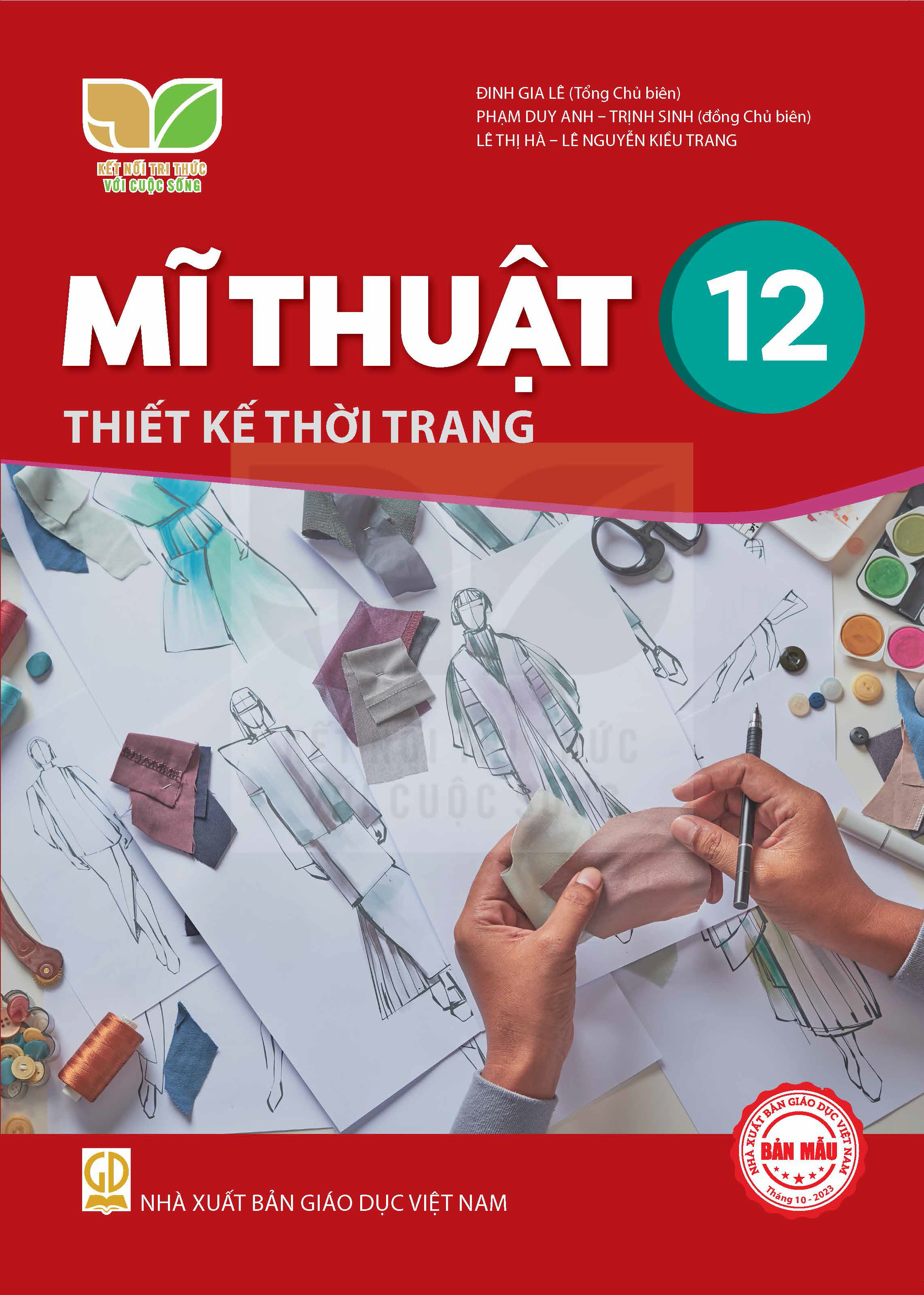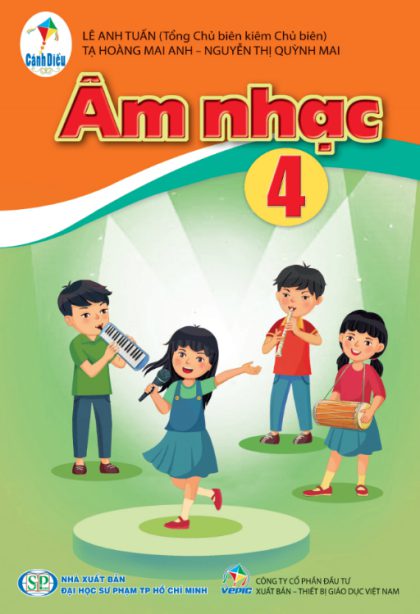(Page 8)
This unit includes:
LANGUAGE
Pronunciation
/br/, /kr/, and /tr/
Vocabulary
Words and phrases related to family life
Grammar
Present simple vs. present continuous
SKILLS
Reading: Reading for specific information in a text about the benefits of doing housework for children
Speaking: Explaining why children should or shouldn't do housework
Listening: Listening for specific information in a talk show about family life
Writing: Writing about family routines
COMMUNICATION AND CULTURE / CLIL
Everyday English
Expressing opinions
Culture
Family values in the UK
PROJECT
Doing research on Family
Day in Viet Nam or other
countries
👉 GETTING STARTED
Household chores
1. Listen and read. 🎧
Nam: Hello, Minh.
Minh: Hi, Nam. How are you? I'm going to play football at our school sports field with a few friends this evening. Are you free to join us?
Nam: I'd love to, but I'm afraid I can't. I'm preparing dinner.
Minh: Really? Doesn't your mum cook?
Nam: Oh, yes. My mum usually does the cooking, but she's working late today.
Minh: How about your sister, Lan? Does she help with the housework?
Nam: Yes. She often helps with the cooking. But she can't help today. She's studying for her exams.
Minh: I see. I never do the cooking. It's my mother's job.
Nam: Really? So how do you divide the household chores in your family?
Minh: Mum is the homemaker, so she does the chores. My dad is the breadwinner; he earns money. And we, the kids, study.
Nam: Well, in my family, we divide the housework equally - Mum usually cooks and shops for groceries; Dad cleans the house and does the heavy lifting.
Minh: What about you and your sister?
Nam: My sister does the laundry. I do the washing-up and put out the rubbish. We also help with the cooking when our mum is busy.
Minh: That sounds fair! Anyway, I have to go now. See you later.
Nam: Bye. Have fun.
(Page 9)
2. Read the conversation again and decide whether the following statements are true (T) or false (F).
| T | F | |
| 1. Nam's mother is cooking now. | ||
| 2. Everybody in Nam's family does some of the housework. | ||
| 3. The children in Minh's family don't have to do any housework. |

3. Write the verbs or phrasal verbs that are used with the nouns or noun phrases in the conversation in 1.
| Verbs / Phrasal verbs | Nouns / Noun phrases | |
| 1. | put out | the rubbish |
| 2. | the laundry | |
| 3. | groceries | |
| 4. | the heavy lifting | |
| 5. | the washing-up |
4. Complete the sentences from the conversation with the correct forms of the verbs in brackets.
1. I'd love to, but I'm afraid I can't. I (prepare) _____ dinner.
2. My mum usually (do) _____ the cooking, but she (work) _____ late today.
























